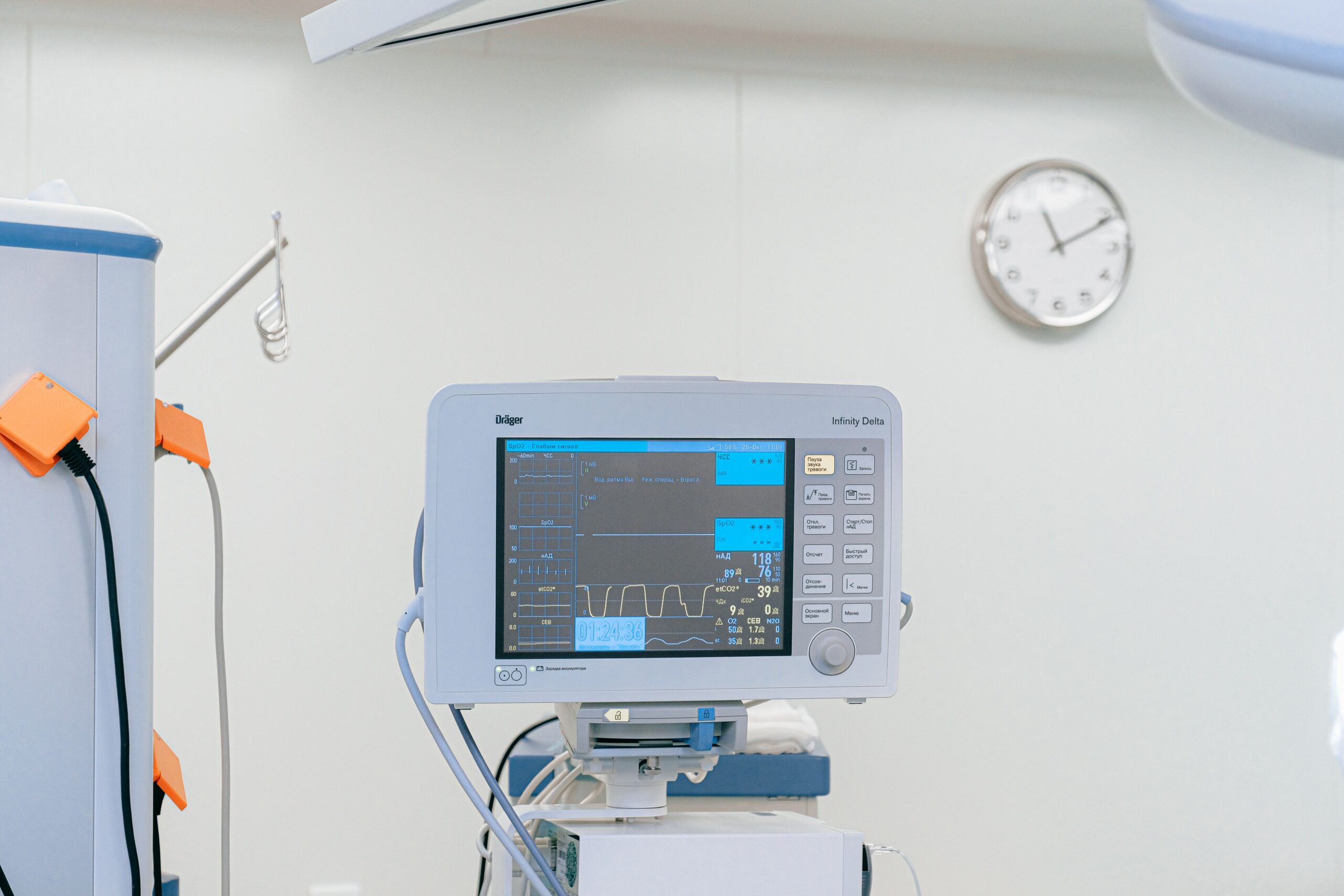
Over 6 million Americans live with heart failure, and four out of five people don’t know they have it! This is because symptoms of heart issues aren’t always severe at first — But can end up in a visit to the emergency room.
Early detection of heart disease and other conditions can be life-saving. Heart conditions discovered and treated early with medications or lifestyle changes, often lead to a long and healthy lifespan.
The treatment of heart conditions early on can also prevent other health issues from arising. It’s easy for your doctor to determine the current health of your heart with a non-invasive nuclear cardiac scan.
Keep reading to find out why a nuclear cardiac scan could be right for you.
What is a Nuclear Cardiac Scan?
Nuclear cardiac scanning is a test that allows your cardiologist to view images of your heart to evaluate its health — including blood flow and general heart function. In some cases, it is used to look for any damage to the heart from chemotherapy or radiotherapy.
In this test, your care provider injects a tracer — a safe radioactive material — into your vein. The tracer moves up to your heart and releases energy to form an image of your heart. A gamma camera captures images of your heart while you are sitting or lying still.
The scan also includes images of your heart when you’re active to see how your heart handles stress. There are two ways to do a stress test: on a treadmill or at rest with medication. Sometimes, your cardiologist combines these two methods depending on your individual condition.
After your stress test, the gamma camera again captures images of your heart. Throughout the stress test, your provider monitors your blood pressure and electrocardiogram (EKG) to ensure your safety. The entire process can take around four hours to complete.
Using these high-tech images, your cardiologist evaluates the blood supply to the heart. This test is low-risk and is often a crucial part of early heart problem detection.
The nuclear cardiac scanning method HeartCare Associates of Connecticut most commonly performs is myocardial perfusion imaging. In myocardial perfusion imaging, your provider administers two separate tracer injections. The gamma camera captures images of your heart for a thorough exam.
Why is a Nuclear Cardiac Scan Important?
Cardiovascular diseases (CVDs) are the leading cause of death globally. Many symptoms go undetected for a long time and can easily be mistaken for normal signs of aging. For example, feeling tired, shortness of breath, wheezing, weight gain, and trouble remembering things, are all signs of CVD.
At the same time, most cardiovascular diseases can be prevented and treated by working with your doctor on a plan that is right for you.
The nuclear cardiac scan is a detailed way for your doctor to detect any heart conditions that need attention. The scan reveals your heart function and any damage that may need treatment.
Who Should Get a Nuclear Cardiac Scan?
A nuclear cardiac scan is a great method for early detection of coronary artery disease and can help your doctor see how the blood is flowing through your heart and the function of your heart’s muscle.
Your doctor might recommend this scan if you are at a high risk of heart disease, have other related health issues, or have recently had heart surgery. If you have a family history of heart disease or other symptoms, you could be the right candidate for this scan.
How Should You Prepare for a Scan?
Before getting a nuclear cardiac scan, your doctor may have important guidelines to follow. In some cases, this includes fasting two hours before the test, abstaining from caffeine for 24 hours prior, not taking medications 48 hours before your scan, and for those who have asthma, bringing your inhaler to the appointment.
In addition, it’s recommended that you wear loose-fitting, comfortable clothing to your appointment. It’s important to follow the specific requirements that your doctor provides for you to ensure the most accurate results.
Your Heart Health Matters
Should you have a nuclear cardiac scan? Whether you’re currently being treated for a heart condition or are at risk for one, our doctors can help you determine if myocardial perfusion imaging is right for you.
Our cardiac specialists have accreditation in nuclear cardiology from the Intersocietal Accreditation Commission and are here to help you with all your nuclear cardiac scanning needs.
Book an appointment at one of their convenient locations in Hamden, East Haven, North Haven, West Haven, and Wallingford, Connecticut, online, or by phone today.





